How to Flea-Proof Your Home: 7 Proven Ways to Create a Parasite-Free Environment
How to Flea-Proof Your Home: 7 Proven Ways to Create a Parasite-Free Environment
Fleas pose health risks to pets and humans, triggering allergies and spreading diseases. A proactive approach eliminates infestations before they start. Here are 7 science-backed strategies for a flea-free home.
1⃣ Vacuum Strategically & Frequently
Target hotspots: Carpets, upholstery, and pet bedding harbor 90% of flea eggs. Vacuum daily during outbreaks.
Disposal protocol: Seal vacuum contents in a plastic bag and discard outdoors immediately.
Tool tip: Use crevice attachments for baseboards and furniture seams.
2⃣ Launder Pet Bedding in Hot Water
Wash bedding weekly at >60°C (140°F) to kill fleas in all life stages.
Dry on high heat for 30 minutes for added efficacy.
Pro Tip: Add 10 drops of eucalyptus oil to the rinse cycle as a natural repellent.
3⃣ Apply Food-Grade Diatomaceous Earth (DE)
How it works: DE dehydrates fleas’ exoskeletons without chemicals.
Application: Lightly dust carpets, thresholds, and pet areas. Leave for 48 hours before vacuuming.
Safety: Use only food-grade DE and masks during application.
4⃣ Maintain Your Yard
Mow lawns weekly and trim shrubs to reduce shaded, humid flea habitats.
Treat soil with nematodes (microscopic worms that prey on flea larvae).
Create a gravel border around your home’s foundation to deter fleas.
5⃣ Use Vet-Approved Flea Prevention for Pets
Topical treatments: Apply monthly spot-ons like fipronil.
Oral medications: Prescription pills disrupt flea life cycles.
Caution: Never use dog products on cats—some ingredients are fatal.
6⃣ Deploy Homemade Flea Traps
DIY trap: Fill a shallow dish with soapy water. Place under a nightlight—fleas jump toward light and drown.
Enhancement: Add apple cider vinegar to attract fleas faster.
7⃣ Schedule Professional Pest Control
For severe infestations, hire licensed exterminators for IGR (Insect Growth Regulator) treatments.
Frequency: Quarterly treatments prevent re-infestation in high-risk areas.
Early Detection Is Key
Conduct “white sock tests”: Walk in suspected areas with white socks—fleas appear as dark specks.
Check pets weekly using flea combs dipped in soapy water.
“Consistency trumps intensity. Flea-proofing requires ongoing habits, not one-time fixes.” — Dr. Elena Rodriguez, DVM
Final Thoughts
Combine these methods for a layered defense. Start with prevention (yard maintenance, pet treatments), add mechanical removal (vacuuming, laundry), and escalate to professional help if needed. Revisit these steps seasonally—fleas peak in warm, humid months.
Disclaimer: Consult a veterinarian before using new products on pets.
Explore Dogs
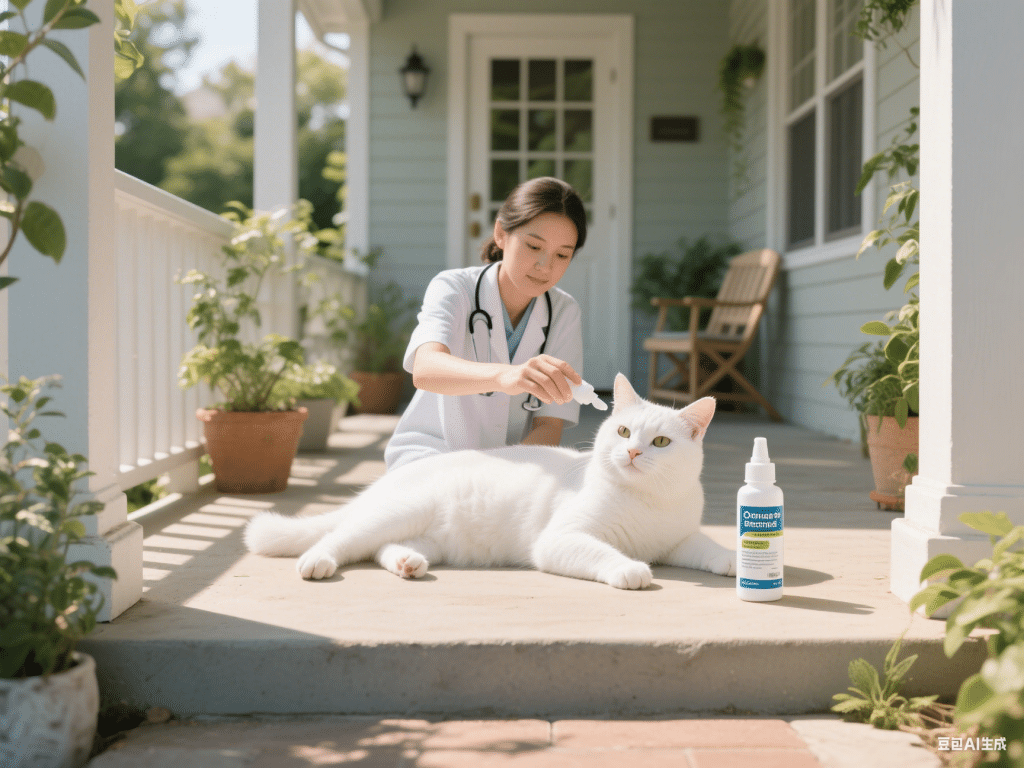
Seasonal Deworming Strategy for Cats: Summer Flea Risks
IntroductionSummer brings warmer temperatures and increased flea activity, heightening the risk of t...
Read More
Can Dogs Go Outside After Deworming? Recovery and Safety Tips
IntroductionMany pet owners wonder if it is safe for dogs to venture outside immediately after recei...
Read More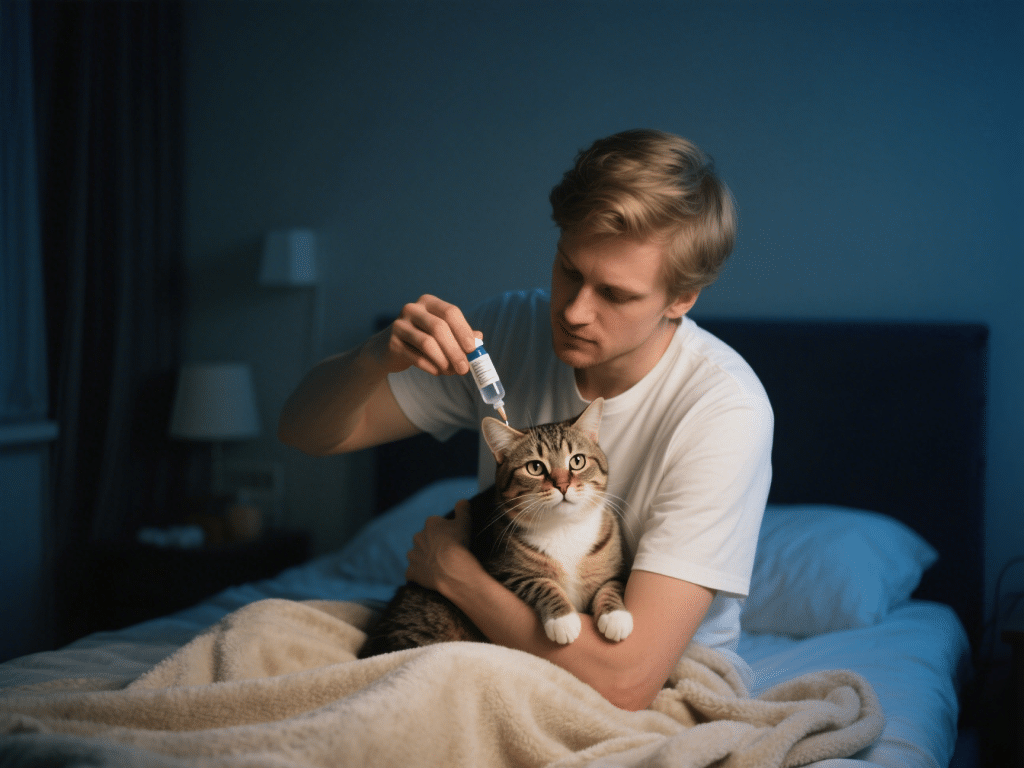
Step-by-Step: Administering Dewormer to a Nervous Cat
IntroductionAdministering oral medication to a nervous cat can be challenging. Stress can compromise...
Read More
Seasonal Deworming Strategy: Fleas in Summer, Roundworms in Winter
Why Seasonality Matters in Parasite ControlTemperature and humidity fluctuations dramatically influe...
Read More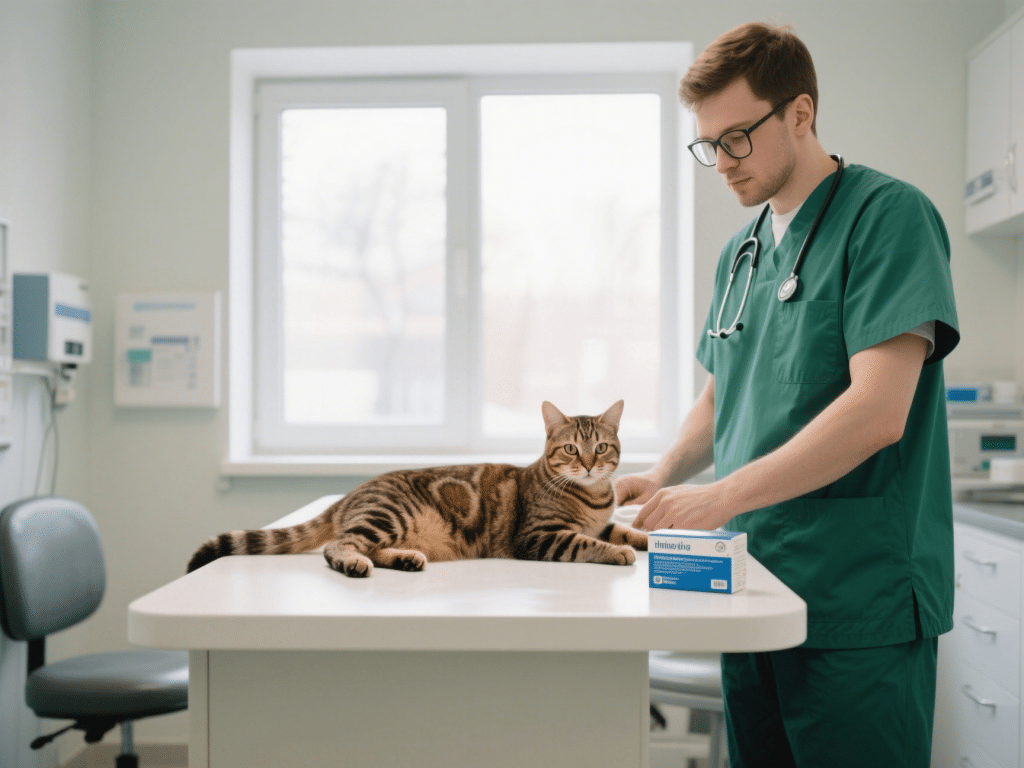
Clinic vs. At-Home Deworming for Cats: Making the Right Choice
Clinic vs. At-Home Deworming for Cats: Making the Right ChoiceChoosing between clinic-based and at-h...
Read More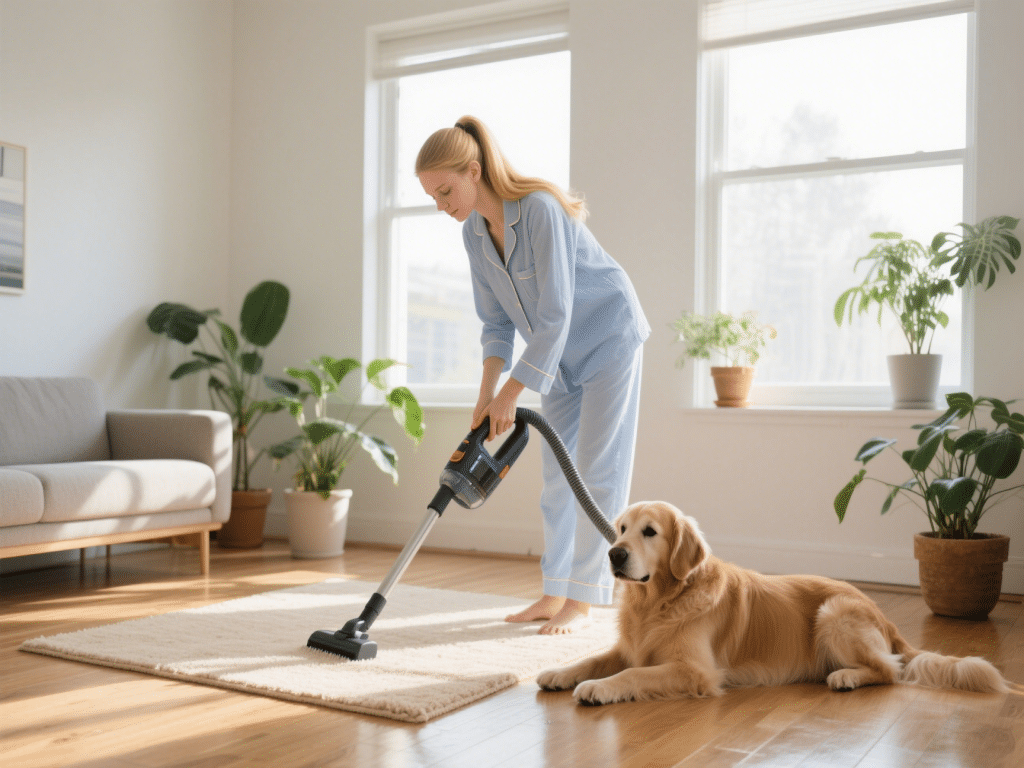
How to Flea-Proof Your Home: 7 Proven Ways to Create a Parasite-Free Environment
How to Flea-Proof Your Home: 7 Proven Ways to Create a Parasite-Free EnvironmentFleas pose health ri...
Read More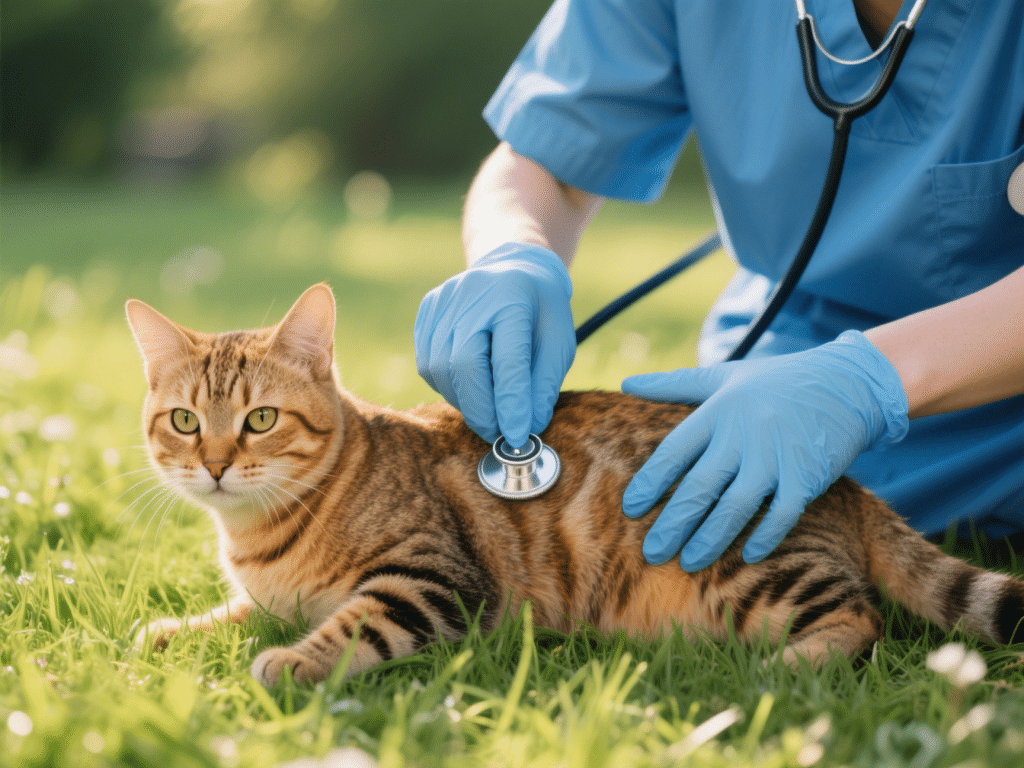
How Often Should You Deworm Your Cat? Adjusting by Season
How Often Should You Deworm Your Cat? Adjusting by SeasonProtecting your cat from internal parasites...
Read More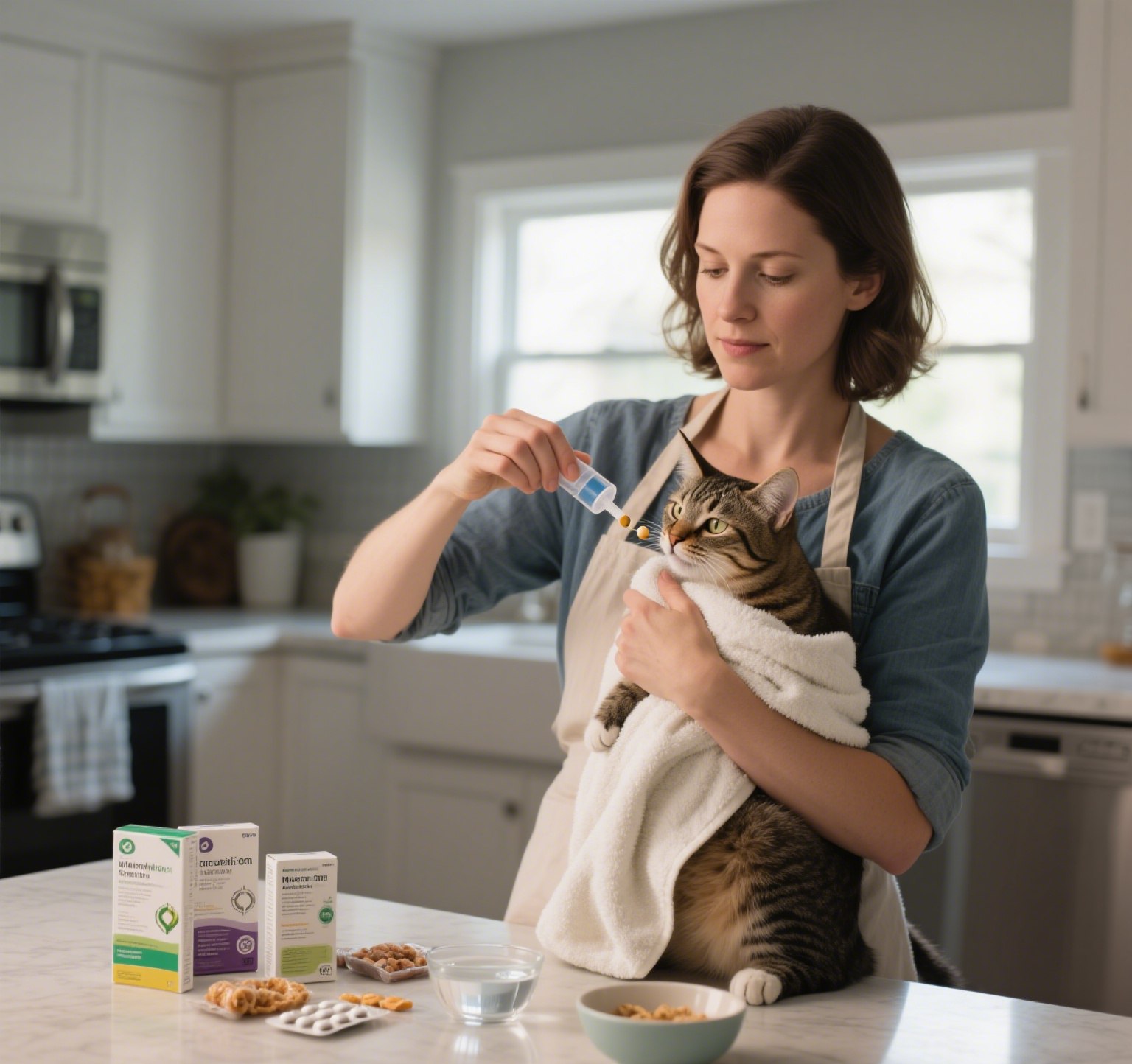
How to Give Deworming Medication to Your Cat Without a Struggle
How to Give Deworming Medication to Your Cat Without a StruggleAdministering deworming medication to...
Read More
How Much Does Cat Deworming Cost? A Practical Guide with Recommended Products
How Much Does Cat Deworming Cost? A Practical Guide with Recommended Products?Cat deworming is a cru...
Read More